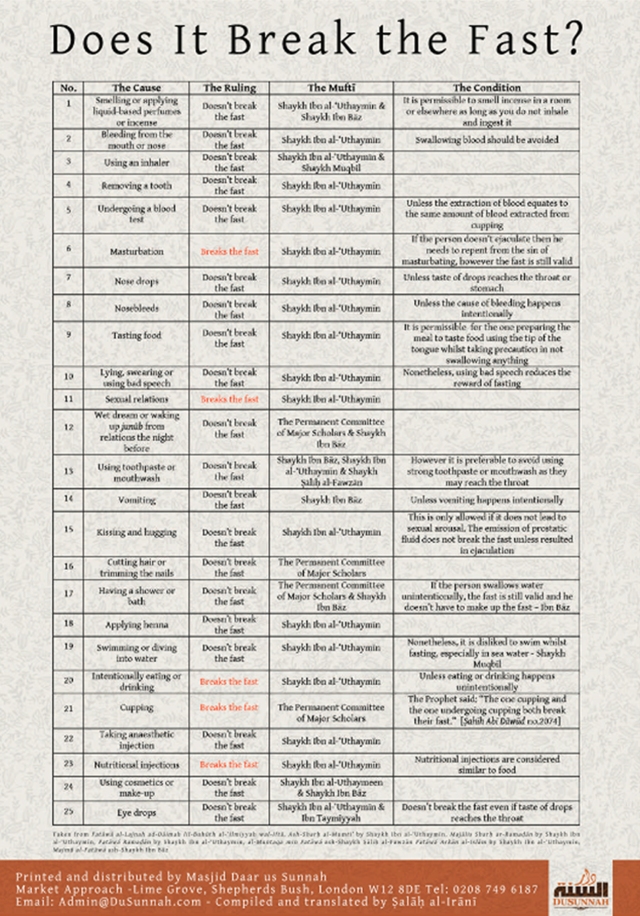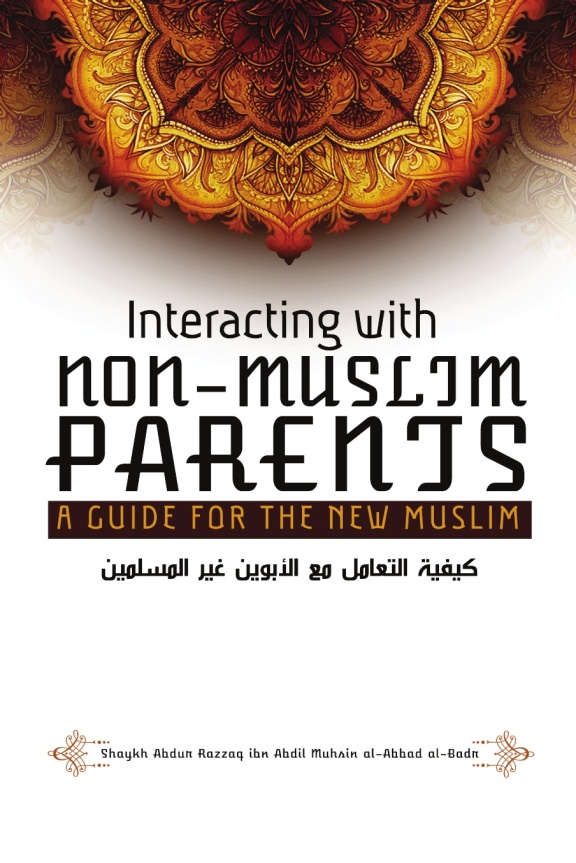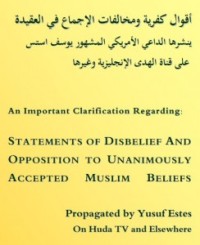 Allāh taʿālā said:
Allāh taʿālā said:
And this is my path, leading straight, so follow it and follow not the other paths for they will lead you astray from His path. This He instructs you that you may protect (yourselves, have taqwā). Meaning of Qurʾān 6:153
O you who believe! Obey Alāh and obey His Messenger and those in authority amongst you; and if you differ over anything refer it back to Allāh and the Messenger if you truly believe in Allāh and the Last Day. That is best for you and will result in the best outcome. Meaning of Qurʾān 4:59
The Prophet – Allāh’s peace and blessings be upon him – said:
For he who lives long amongst you will see much controversy. Thus you must follow my Sunnah and the Sunnah of the Rightly Guided Caliphs after me. Adhere to it with all your strength …
This is what Allāh and His Messenger have commanded us to do when scholars differ over an issue, i.e. we take from their statements and positions what is supported by evidence (dalīl) from the Book and Sunnah and we leave what contradicts the evidence; because this is the sign of having true belief in Allāh and the Hereafter, and because this is best for us and will result in the best outcome. [Allāh told us] that if we accept statements and opinions that contradict the evidence, this will separate us from the path of Allāh and put us on the path of misguidance; like He also told us about the Jews and Christians, that they ‘took their rabbis and monks as lords besides Allāh’. When ʿAdī b. Ḥātim – Allāh be pleased with him – had difficulty understanding how they had taken [their rabbis and monks] as lords besides Allāh, the Prophet – Allāh’s peace and blessings be upon him – explained that their taking them as lords meant obeying them in making permissible (ḥalāl) what Allāh had forbidden (ḥarām) and making forbidden what Allāh had made ḥalāl.
Many people nowadays, if you see them doing something wrong and forbid them, will say to you, “There is a difference of opinion on this issue.” They take difference of opinion as a justification for what they are doing, even if it contradicts the evidence. So what is the difference between such people and what the People of Scripture who took their rabbis and monks as lords besides Allāh did? These people must fear Allāh for themselves and they must understand that the existence of a difference of opinion on an issue does not permit them to contradict the evidence. It has got so bad that many ignorant people have started to search through opinions saved on [their] computers, quoted from books about differences of opinion, and begun to give verdicts based on what agrees with their desires from those various opinions, without distinguishing opinions backed by correct evidence from those that are not, either because of their ignorance or because of their personal desires. An ignorant person is not allowed to speak about the law and religion (sharʿ) of Allāh based on what he has read or watched in some recording while he does not know how correct it is and what basis it has in the Book and Sunnah. Allāh did not command us to simply refer back to what is in a fiqh book without understanding [the correctness of the evidence]. Rather, He commanded us to ask the people of knowledge when He said:
Ask the people of knowledge if you know not. Meaning of Qurʾān 16:43
A person who has desires is not allowed to take his desires as a god besides Allāh, adopting opinions that agree with his desires and leaving those that do not. Allāh taʿālā said:
And who is more astray than he who follows his desires without guidance from Allāh? Meaning of Qurʾān 28:50
Have you seen the one who takes his desires as his god? Are you then going to be a warden over him? Meaning of Qurʾān 25:43
And it is not allowed for anyone who has knowledge to seek out for people what agrees with their desires [and give it to them through verdicts, answers], thus misleading them from the path of Allāh, with the excuse of facilitating matters for people, because facilitating things for people is achieved by following the evidence. Lest he be one of those about whom Allāh said:
They will be liable for their sins in full on the Day of Resurrection and in part for the sins of those they lead astray without knowledge. Meaning of Qurʾān 16:25
May Allāh give us all success in beneficial knowledge and righteous action. And may Allāh’s peace and blessings be upon our Prophet Muḥammad and upon his Family and Companions.
~
Ṣāliḥ b. Fawzān Al-Fawzān (hafidhahullaah)
Member of the Council of Senior Scholars
Al-Fawzān, Ṣ. (n.d.). Arguing on the Basis of Difference of Opinion (Arabic). Website of His Eminence Shaykh Ṣāliḥ b. Fawzān Al-Fawzān. Retrieved April 15, 2014, from http://www.alfawzan.af.org.sa/node/13194
Please Share Jazakumullaahu Khayran:







